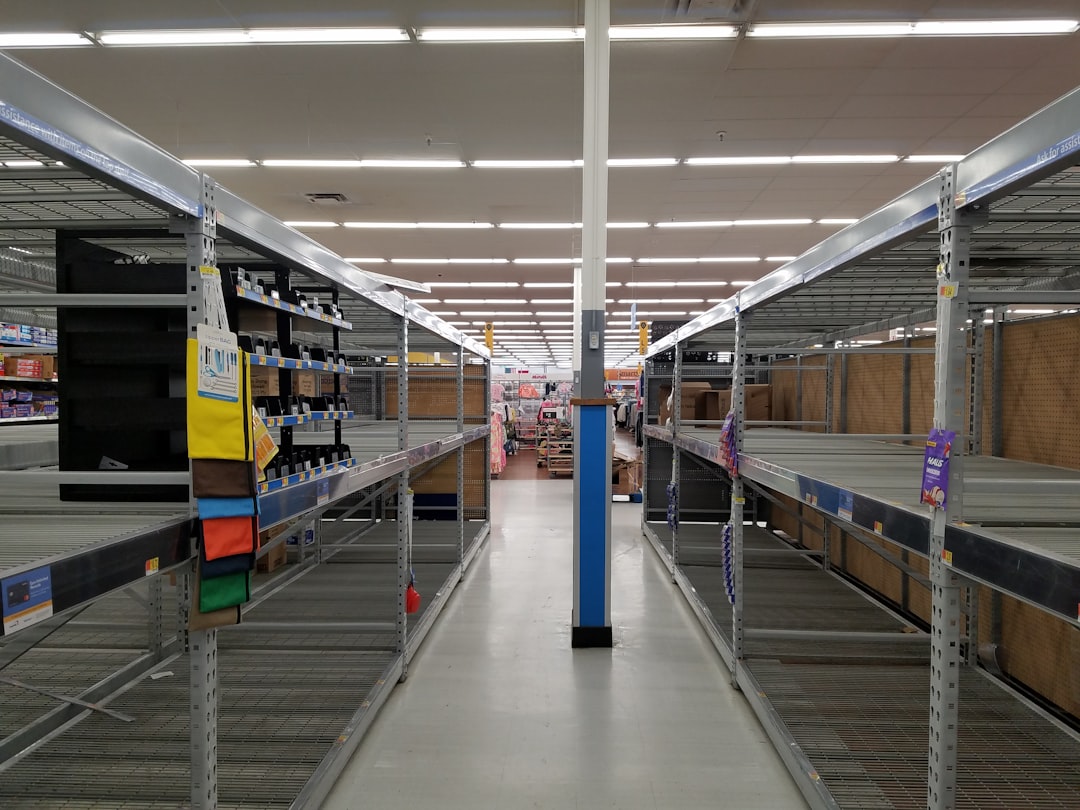Baby Formula Shortages Increase Nationwide | Abbi Clifton
Shortages reportedly due to formula recalls and lingering COVID-19 supply chain issues spark concern across the country.
Baby formula shortages are sweeping the country, reportedly due to the ongoing supply chain problems following the COVID-19 pandemic and recalls of Similac brand baby formula that was allegedly contaminated with the germ Cronobacter sakazakii.
The Similac brand is made at a Sturgis, Michigan manufacturing plant owned by Abbott Laboratories. Following the death of an infant from allegedly contaminated formula, the Food and Drug Administration (FDA) conducted an inspection of the facility.
The FDA inspection documents stated that the plant had multiple instances of water on the floor, and employees failed to wear proper gear and sanitize the bottoms of their shoes before going to work. The documents also cited observations of dryer deterioration.
A statement from the company stated that while the bacteria was found in “non-product areas,” all products must test negative for Cronobacter and other pathogens before they leave the facility. The statement also said that none of their already distributed product had tested positive, and that as of Feb. 28 the cause of the infant’s infection was not determined.
Cronobacter sakazakii is a germ that can live in dry foods, such as powdered milk and herbal teas, according to the Centers for Disease Control (CDC). The CDC describes Cronobacter infections as rare, but can be deadly for newborn babies. The germ can cause blood infections (sepsis) or could cause swelling in the linings around the brain and spinal cord (meningitis) the CDC said.
Some retailers are now rationing the quantities of formula shoppers are allowed to purchase in order to avoid bulk purchases and stock-piling, Business Insider reported, citing Walmart and CVS spokespersons.

As of April 29, the FDA released a statement which permitted Abbott to release product to parents of children “needing urgent, life-sustaining supplies of the specialty and metabolic formulas listed below on a case-by-case basis.”
The statement said Abbott confirmed with the FDA that the company “will consider release of these products on a case-by-case basis, depending on product availability and the severity of the individual’s need.”
COVID-19 supply chain issues and labor shortages have also reportedly contributed to the shortage. Changes in truck driver CDL laws could hurt the truck driving industry and lead to further breakdown of product transportation across the country, according to KWCH12 who cited Dairy Farmers of America corporate board member Bryon Lehman.
“CDL drivers, they’re changing the national law now. And that’s going to hurt, getting drivers. We’re 80,000 semi drivers short in the United States now,” Lehman said. The change in national CDL law will now require truck drivers to go through weeks of training and will cost them $8,500.
Lehman stated that labor shortages were negatively affecting the dairy farming industry, and that a lack of workers may also be contributing to recent supply chain issues.
This occurs as food plants across the nation have been facing cyber attacks, fires, and other incidents. A dairy plant called H.P. Hood Dairy in New Hampshire was hit by cyber attacks in March and as a result had to toss out “unspecified” amounts of product. The attacks temporarily prevented them from receiving raw materials, according to The Boston Globe.
An Indiana Walmart fulfillment center caught on fire back in March and is not going to reopen, according to The Indianapolis Star. More recently, a Fresno, California food processing plant caught fire Sunday night, ABC30 Fresno reported.
The Federal Bureau of Investigation’s Cyber Division previously warned of possible cyberattacks on food processing plants.
“A significant disruption of grain production could impact the entire food chain, since grain is not only consumed by humans but also used for animal feed. In addition, a significant disruption of grain and corn production could impact commodities trading and stocks. An attack that disrupts processing at a protein or dairy facility can quickly result in spoiled products and have cascading effects down to the farm level as animals cannot be processed,” the FBI notice stated.


